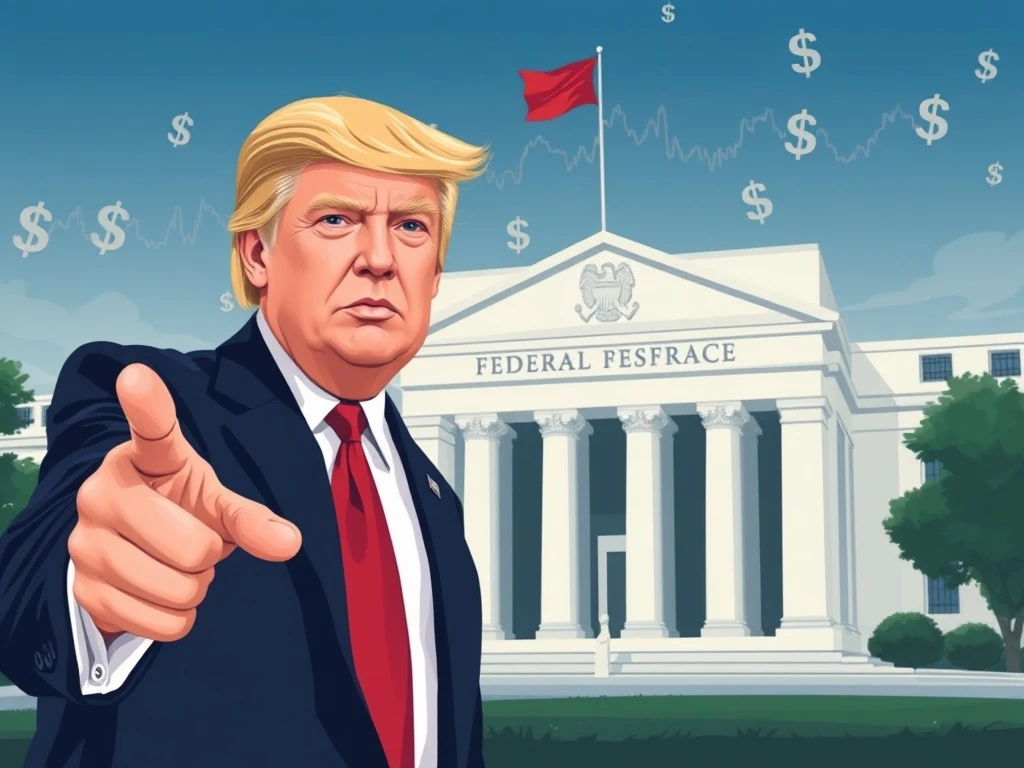Donald Trump’s renewed pressure on the Federal Reserve represents a significant development for financial markets and economic policy. Investors and policymakers must understand these six critical aspects of his ongoing campaign against the central bank’s independence.
Interest Rate Policy Under Scrutiny
Trump consistently criticizes Federal Reserve interest rate decisions. He advocates for lower rates to stimulate economic growth. This pressure creates tension between political objectives and monetary policy independence. Market analysts watch these developments closely.
Federal Reserve Independence Concerns
The Federal Reserve traditionally operates independently from political influence. Trump’s public comments challenge this long-standing principle. Many economists worry about potential consequences for monetary policy credibility. Central bank autonomy remains a cornerstone of modern economic systems.
Market Reactions to Political Pressure
Financial markets respond sensitively to political interference in Federal Reserve operations. Stock volatility often increases during periods of heightened political pressure. Investors monitor these situations for potential market impacts. Bond markets particularly react to interest rate uncertainty.
Historical Precedents and Comparisons
Previous presidents occasionally criticized Federal Reserve policies. However, Trump’s approach differs in frequency and intensity. Historical analysis shows mixed results from political pressure on central banks. Most experts agree that independence yields better long-term outcomes.
Legal Framework and Limitations
The Federal Reserve operates within specific legal parameters. Presidential influence faces constitutional and statutory limitations. Understanding these boundaries helps assess potential policy changes. Legal experts continue debating the extent of permissible presidential commentary.
Global Economic Implications
International markets watch U.S. Federal Reserve developments closely. Foreign investors consider political pressure when making allocation decisions. Global central banks monitor these situations for potential spillover effects. Currency markets particularly react to perceived political interference.
FAQs
Can presidents directly control Federal Reserve decisions?
No, the Federal Reserve operates independently, though presidents can influence through appointments and public pressure.
How do markets typically react to political pressure on the Fed?
Markets usually show increased volatility and uncertainty during periods of political pressure.
What legal protections does the Federal Reserve have?
The Federal Reserve Act provides operational independence, though Congress maintains oversight authority.
Has Trump’s approach differed from previous presidents?
Yes, his public criticism has been more frequent and direct than most predecessors.
What are the long-term risks of political pressure?
Potential risks include reduced policy credibility, market instability, and compromised economic decision-making.








